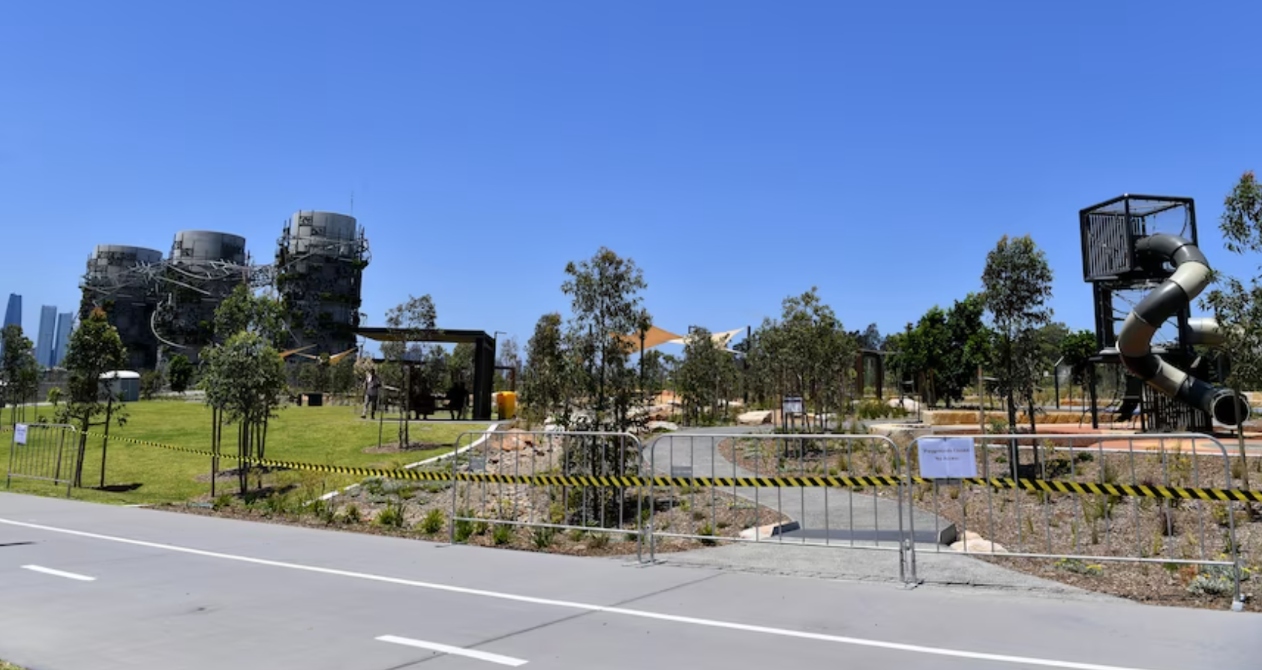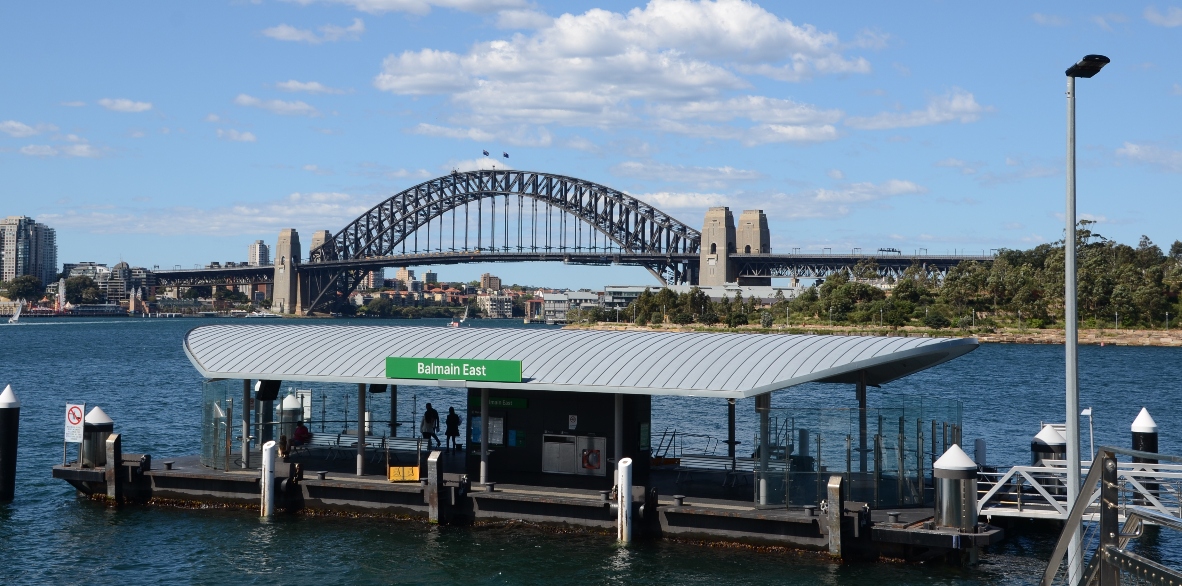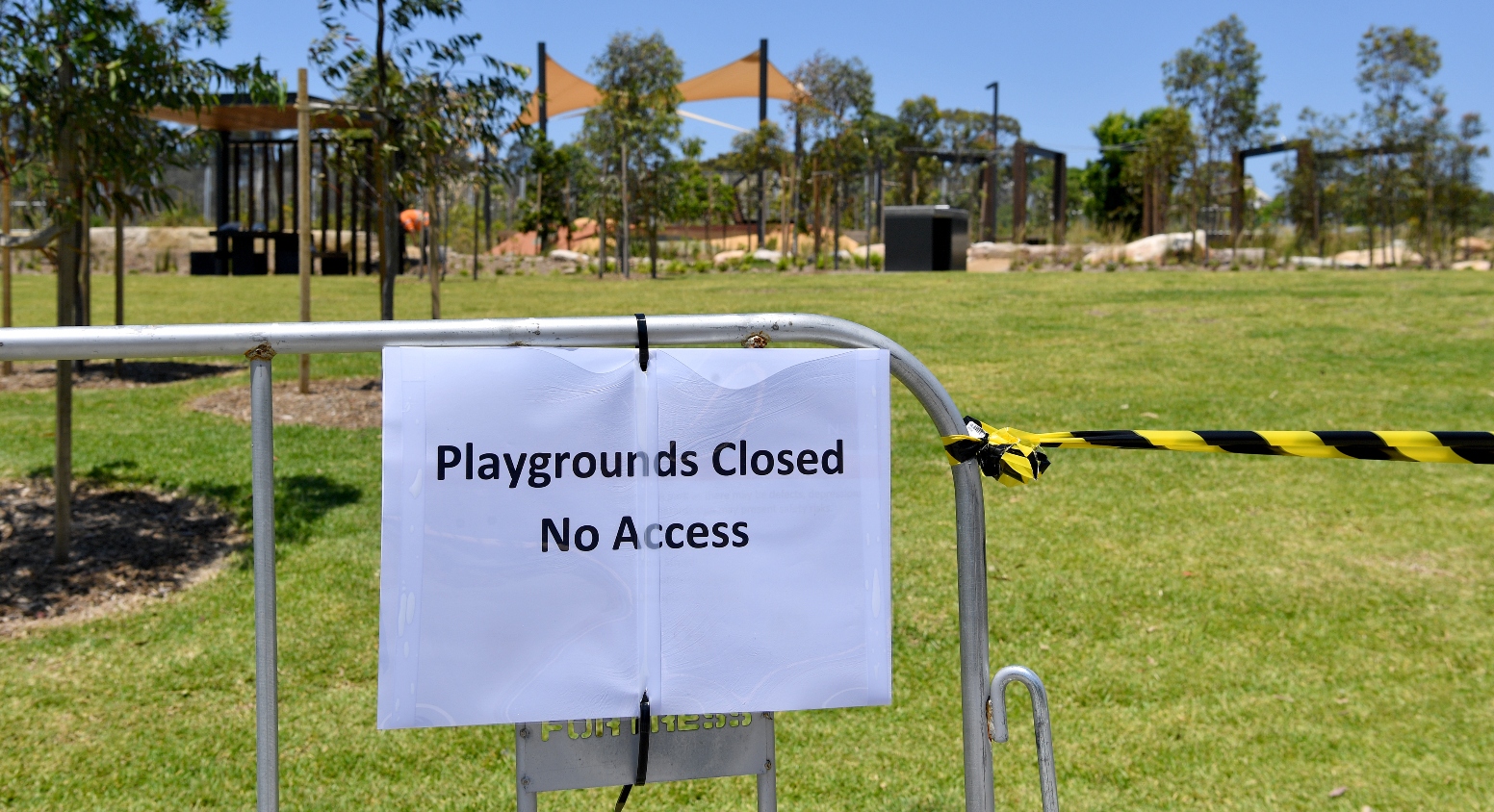
Balmain boy tells tales
Writer Michael Wilding has just released his seventeenth work of fiction, the tenth set in the Leichhardt Municipality. He recalls the good old ‘bad days’, when it was a run-down dockside suburb with cheap rents, enjoyed by both the old working class and the new bohemians – writers, filmmakers, poets, painters, academics and students.
I ask him whom he remembers from those days, some 30-something years ago. “David Williamson and Peter Carey moved in from Melbourne. My girlfriend said how sociable they were, always ready to stop and talk. ‘Don’t!’ I said. ‘Don’t tell them anything! They’re just looking for material to write about. If you’ve got anything to say, say it to me’.”
And indeed, Michael has been fashioning his fiction from the life around him ever since, drawing on his experiences in the Sydney Push in several of his early works such as Aspects of the Dying Process and The Phallic Forest. Similar real-world experience in the University of Sydney English Department lay behind Academia Nuts, a laugh-out-loud novel that deliciously satirised the department I got to know so well as a student there in the early 1970s.
“Those were the days when Stephen Knight, a university colleague, tried to organise a strike by the writers’ characters down at the pub,” Michael says. “He said the characters weren’t getting a fair deal, and he tried to organise them to withdraw their labour and stories. Later he became an authority on crime writing and Robin Hood.”
Having been the Director of the NSW Writers’ Centre while Michael was the Chair, I was alarmed when he told me he was writing a novel that would incorporate his experiences as the chairman.
Now the novel has been released under the title of Superfluous Men (Arcadia), and it is about retired academics commiserating with one another over former achievements, lost opportunities and bleak prospects as they face their inevitable decline into old age and anonymity. If you’re looking for comparison, think David Lodge.
Where had Michael got the idea for Superfluous Men, I asked.
“The characters were already there in…Academia Nuts. Now they had all taken early retirement and were sitting around the restaurants of the inner west looking for something to do. It is a question more and more people have been asking, as more and more people have been forced into early retirement and unemployment by the restructurings of the greed years and the lay-offs of the economic recession.”
Michael became Chair of the NSW Writers’ Centre in 1996, just before he took early retirement from the university, and stayed for a decade, all the while gleaning fictional material for his book while also being the most active and creative Chair the Centre has ever had.
“It was a marvellous experience – a cross between ‘Yes, Minister’ and ‘The Brittas Empire’,” Michael says. “My delusion that as Chair of the Centre I had any power had great comic potential.”
Michael has long been critical of the increasing control of the creative arts by governmental bureaucracies. “It is an important issue relating to our intellectual freedom and creative independence,” he remarks. “I decided the best way to deal with it was by the comedy of fiction, rather than writing earnest, serious articles no-one was going to take much notice of. So Arts ministries, writers’ centres, and writers’ festivals are all plundered for material, along with the unreliability of poets, political incorrectness and those disturbing conspiracy theories of the ’70s that still survive in dark corners of the inner city.”
Why should the reader be interested in Michael’s protagonists, these “Drunken old men of a certain age, forgotten by the world, and reciprocating its disregard”?
Mostly, it’s because they are extremely funny, their verbal witticisms serving to starkly and sometimes surprisingly emphasise their point – but it’s also because their personal idiosyncrasies belong to the age in which we, the readers, have all lived, and we recognise their fears and foibles as our own.
And, by the way, the character of the director of the writers’ centre in Michael’s work of fiction bears absolutely no resemblance to me whatsoever.
For one thing, I don’t wear shoulder pads. For another, I don’t throw books at people.
by Irina Dunn









